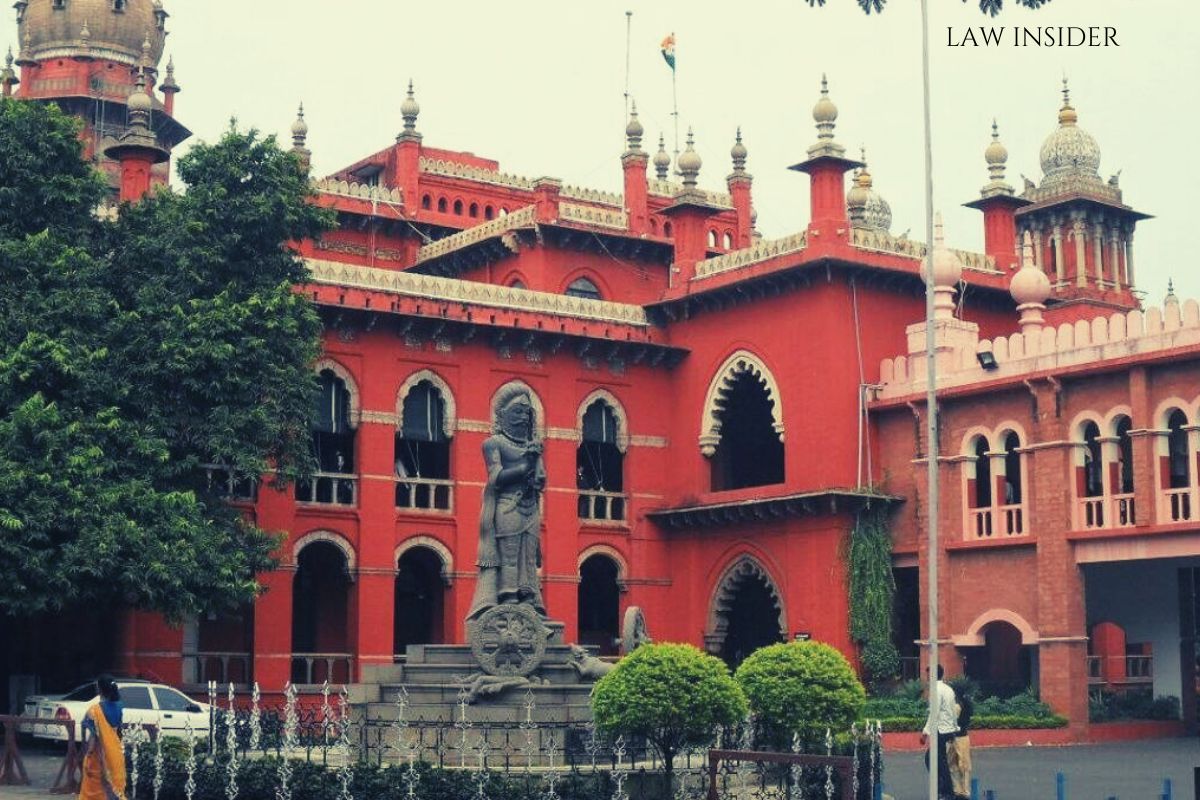LI Network
Published on: October 7, 2023 at 14:22 IST
The Madras High Court has recently emphasized that providing incorrect PAN (Permanent Account Number) details in an order does not exempt an individual from paying interest.
Justice N. Seshasayee pointed out that PAN particulars are just one means of identifying an individual, and an erroneous PAN number in an order does not change the individual’s identity, particularly when the penalty itself has been paid.
The court made these remarks while addressing a plea by G. Moorthy against a notice issued by the Recovery Officer of the Securities and Exchange Board of India (SEBI).
The notice attached Moorthy’s two bank accounts and froze their operation. Initially, SEBI’s Adjudicating Officer had imposed a penalty of Rs. 25,52,781 on Moorthy, even though the PAN number in the order was incorrect. Moorthy proceeded to appeal to the Securities Appellate Tribunal, which dismissed his appeal. Subsequently, the Recovery Officer issued a notice to attach his bank accounts.
Moorthy argued against the claim of interest, contending that the interest, as per Explanation 4 of Section 28A of the SEBI Act, should align with Section 220 of the Income Tax Act. He claimed that under Section 220 of the Income Tax Act, the specified amount in the notice of demand should be paid within 30 days of receiving the notice.
Moorthy asserted that the Recovery Officer could not claim any interest because SEBI’s penalty order carried an incorrect PAN number. He argued that payment should be attributed to the person who unequivocally satisfies all the features that identify the individual.
The authorities challenged the admissibility of Moorthy’s plea, arguing that if he was dissatisfied with the Appellate Tribunal’s order, he should have approached the Supreme Court under Section 15-Z.
It was also contended that any orders from the Board or the Adjudicating Officer should have been challenged before the SEBI Appellate Tribunal under Section 15T. They further noted that Moorthy was aware of the penalty order when he approached the appellate tribunal, making it too late for him to claim innocence.
The court concurred with the authorities’ arguments, emphasizing that the order should have been contested in accordance with the Act’s prescribed procedure and consequently dismissed the petition.

